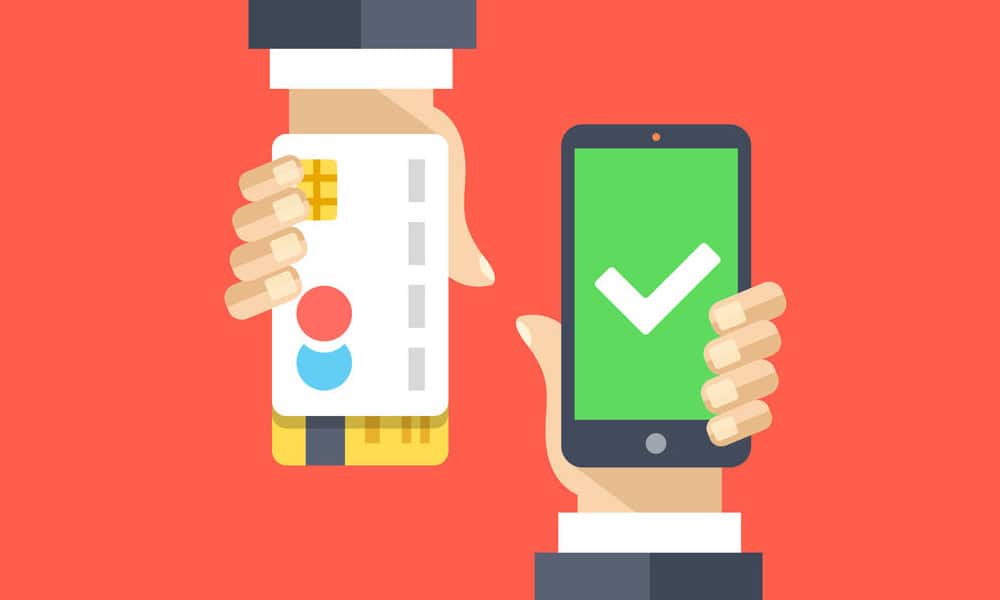The Internet has opened new doors for businesses everywhere. It’s made it easier to penetrate new markets and reach customers worldwide.
However, there is a dark side to all this, which concerns your reputation. Regardless of size (from startups to huge corporations), your reputation is your band and needs fierce protection.
Companies that fail to take certain protective measures put their brand (and reputation) at risk. This could include stolen brand identity, counterfeit goods, campaigns that imitate or misuse your materials, team members (current or former) that launch a destructive attack against the founders, and more.
The point is fraud, or even just negative reviews, can take over your business’s online presence if you are not proactive about protecting your brand assets and your company’s reputation.
We know it’s not easy to carve time in your already busy schedule to research another tedious topic. So, to make things easier, we have listed some of the most important steps startups should take to protect their brand for years to come.
1. Register Your Intellectual Property
This especially applies to startups in creative fields such as photography, writing, design, etc. However, the same can be said about content creators and software developers.
While it may seem like a hurdle, ensuring your work is legally yours and that you can capitalize on it is important.
Also, it’s not enough to add the copyright symbol in the footer of your site. You also need to own the content you’re trying to protect, which can only happen if you register with the right authorities.
So, before launching into business and looking for customers, ensure you’ve taken all the necessary legal steps.
2. Register Business & Domain Name
Protecting these brand assets is another way to secure your intellectual property and ensure no one will disturb your activity. First, find out if the domain and business names are free and then consider building your brand.
The name of your business will forever be associated with brand reputation, while the domain name will represent the startup in the online world. They will also be tightly connected to your marketing content and campaigns, making them crucial for success.
You can register your domain name through your website provider; however, your business name must be registered by filing with the state where you operate. Here are three ways to do this.
3. Set Up Brand Monitoring
By monitoring the web, keep your brand safe from fake social media accounts (also known as brand impersonation) or websites and from people who may be using your online creations as their own.
The first step is to set up listeners who will send notifications whenever the brand name is mentioned in the news, social media, or other channels. For this, you can choose to use Google Alerts or a different type of software, depending on your preferences.
Once you prove your brand’s name is being tarnished or denigrated, you must act swiftly. You can contact the Internet Service Provider, search engine authorities, or the social media channel owner and work with them to block the damaging content or product.
However, none of these could happen if you are not the rightful owner of the brand and its intellectual property.
4. Establish Brand Guidelines
Oftentimes, it’s easy to forget that your audience needs rules when interacting with your content or products. These are specified in the Terms & Conditions section of the site, where each startup should draft the rules needed to protect their identity, intellectual property, ad materials, and more.
Ensure you know who can download/use images and other types of content from your site and social media accounts. It’s also important to specify who can post on your pages (if you allow this option) and what.
5. Get Insurance
Business owners might want to consider getting several types of insurance policies to protect their interests — including intellectual property insurance.
This policy is extremely useful in many scenarios, including brand-related issues. Suppose your startup was the victim of copyright infringement and lost customers.
Business insurance can help your startup stay afloat until you sort things out and find new customers or supporters.
6. Be Open To Reviews
Reviews are difficult to manage, especially for a startup, but they also provide a glimpse into your audience’s true feelings regarding your efforts. Furthermore, research shows that 84% of shoppers trust online reviews as much as a personal recommendation from a close friend.
So, a brand with many positive reviews from a wide range of users is much more trustworthy (even if it’s just a startup). It’s also a way of protecting your reputation – if you start receiving negative reviews on a product/service/piece of content that tries to cash in on your reputation, you can react quickly and swiftly.
So, don’t dismiss the power of reviews! This is even more important nowadays when you can ask people to leave you a review on platforms that are out of your control (such as Google or Trustpilot).
7. Educate Your Audience
The perfect way to protect your brand is to teach your audience to recognize the real from the fake (whether we’re talking about products or social media accounts).
This means you should educate customers, leads, and interested viewers on how the products are sourced and manufactured, what they offer, and why this matters. The same goes for your intellectual property and online content – followers need to be constantly informed of your official online personas and how to recognize the original from the ones trying to imitate it.
Editor’s Note: This article is part of the blog series Start Your Business by the marketing team at Unitel, the virtual phone system priced and designed for startups and small business owners.






